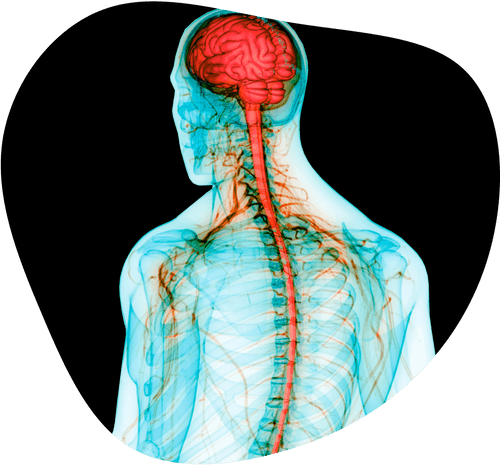 The US-based virtual research organization’s recent article makes the case that DCT solutions “reduce participant uncertainty and burden, increase participant compliance, and drive data quality”.
The US-based virtual research organization’s recent article makes the case that DCT solutions “reduce participant uncertainty and burden, increase participant compliance, and drive data quality”.Leading Virtual Trail Organization (VRO), ObvioHealth marks the role of decentralized clinical solutions in addressing the key challenges in central nervous system (CNS) research.
"DCT solutions, by leveraging a modular approach, can address four key challenges in central nervous system research to reduce participant uncertainty and burden, increase participant compliance, and drive data quality," explains a spokesperson from ObvioHealth.
According to ObvioHealth, the possibility of suffering from physical immobility and cognitive impairment among patients with CNS conditions prohibit them from participating in trials with on-site visits. The result is extremely expensive and time-intensive patient enrollment and participation that can cause substantial lags in CNS clinical trials.
The VRO highlights hybrid and decentralized studies as the way forward to minimize the patient burden. Providing participants with the flexibility and support required, DCTs also help improve data quality.
On top of this, by enabling patients to contribute to CNS trials from the comfort of their homes, digital solutions that include ePRO and eConsent significantly shift the paradigm to a much higher enrollment rate.
In addition, stigma related to CNS disorders is pervasive in clinical studies and acts as a deterrent for CNS trial participation.
Concerns about being typified or judged, exposing personal health information, or being otherwise negatively labeled can significantly impact a patient's willingness to volunteer for a CNS clinical trial.
By enabling participants to maintain a more comfortable distance from the trial team while also ensuring they get immediate support whenever needed, decentralized and hybrid studies offer privacy tailored to a patient’s preferences. The result is destigmatized clinical trials leading to improved patient recruitment and retention rates.
Even though clinician- and patient-reported outcomes are the basis for gauging multiple endpoints in CNS clinical studies, they are often prone to skewed perceptions and recall bias. In addition to participant subjectivity, the possibility of variability across expert raters impacts data quality and ultimately, the accuracy of trial endpoints.
While with ePRO and eClinRo, clinicians and patients can submit data on symptoms and behavior in real-time using their own devices, with eCOA, experts can streamline the review process.
The result is augmented reporting and clinical assessments that can minimize clinician variability and limit the risk of data distortion, thus driving data quality.
Due to CNS trials involving research on critical brain functions, keeping patients under constant follow-up is vital, explains ObvioHealth.
That said, patients who drop out during the trial pose a major concern for clinical teams as well as significantly impact the trial success rate.
The end-to-end support and patient-centric processes offered in decentralized and hybrid approaches help clinical teams keep participants engaged throughout the trial period and over time.
While the human-centric designs with DCT studies help address patient requirements faster, the virtual site team, real-time data collection, and remote monitoring of patients with these approaches notably decrease patient attrition rates in CNS trials.
According to the VRO, substantial emphasis is placed on conducting CNS clinical trials today, with central nervous system disorder remaining the leading reason behind mortality and morbidity worldwide.
Case in point: Over 4,000 CNS clinical trials are predicted to be underway by 2026, according to Evaluate Pharma.
To navigate challenges to success, and accelerate the process of marketing life-improving new treatments, adopting DCT models within CNS research is critical.
ObvioHealth's patient-centric DCT solutions help study teams address the issues of data inaccuracy and interoperability essential to deliver robust clinical outcomes and endpoints.
Founded in 2017, ObvioHealth is a global digital health organization led by an expert team. ObvioHelath develops and runs decentralized clinical trial solutions across the globe that help capture more robust and accurate data to speed up drug development.
Interested parties can learn more about ObvioHealth by visiting https://www.obviohealth.com.
Media Contact
Company Name: ObvioHealth USA, Inc.
Contact Person: James Hendrick
Email: Send Email
Phone: +1-888-880-1664
Address:545 West 25th Street 20th Floor
City: New York
State: NY
Country: United States
Website: https://www.obviohealth.com/













